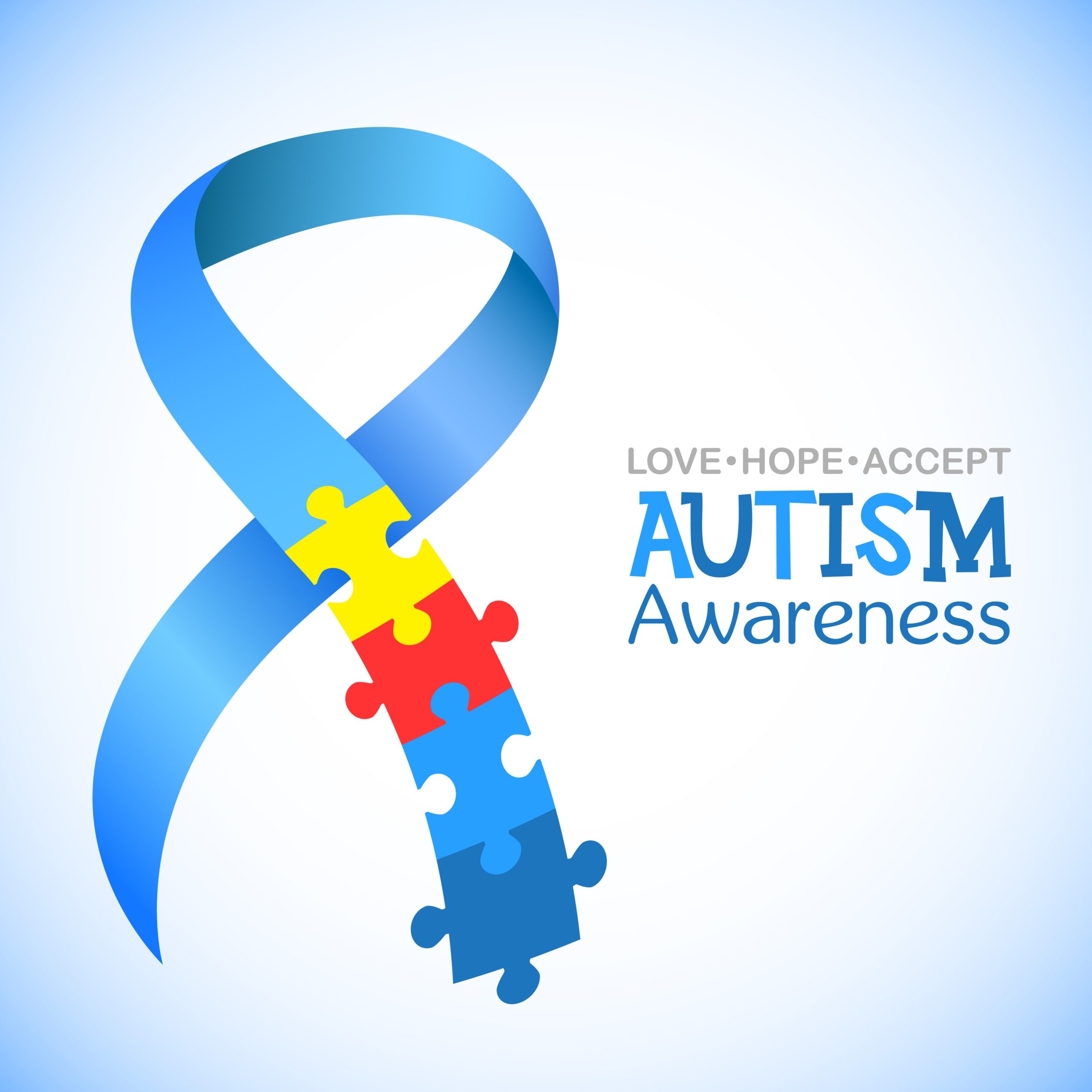- by Super Admin
- Sep 23, 2023
Autism Treatments

Autism Treatments
If you have autism, you’ll have it your entire life. But early treatment can make a big difference in development for a child with autism. If you think your child shows symptoms of ASD, tell your doctor as soon as possible.
- RELATED:Early Warning Signs of Autism
What works for one person might not work for another. Your doctor should tailor treatment for you or your child. The main types of treatments are:
Behavioral. Helps a person understand the causes and results of behaviors so they can change unwanted behaviors.
Developmental. Speech therapy improves communication skills, physical therapy improves motor ability, and occupational therapy works on life skills like dressing and eating.
Psychological. Treatments like cognitive-behavioral therapy (CBT) can help people deal with anxiety, depression, or other mental health issues in addition to autism.
Educational. Adapts learning processes to the needs of people with autism.
Social-relational. Focuses on improving social skills and building emotional bonds.
Medications. Work to ease symptoms of ASD, like attention problems, hyperactivity, or anxiety.
Complementary treatments may help boost learning and communication skills in some people with autism. Complementary therapies include music, art, or animal-assisted therapy, such as horseback riding.
Applied behavior analysis (ABA) is a type of treatment that aims to promote positive behavior and discourage negative or harmful behavior.
The U.S. Surgeon General and the American Psychological Associate recognize ABA as an effective, evidenced based intervention that improves functioning and skills in many children with autism. Advocates claim that it's the best way for a person with autism to adapt in a way that lets them live in society more easily. But some experts worry ABA goes too far to change and control behaviors – behaviors autistic people feel are part of their identity. Keep in mind, ABA is a flexible treatment. Your ABA therapist will create an individualized plan to meet your child’s unique needs. Talk with your doctor to learn if ABA is right for your child and family.
Can you trust treatments that promise to cure autism?
There is no cure for autism. Certain treatments are sold or advertised to treat autism but don't actually work. Some of these fake treatments can even be dangerous. Don't try any of the following for autism:
- Raw camel's milk
- GcMAF, which is an unlicensed injection made from blood cells
- CEASE therapy, which tells people to avoid vaccinations and suggests people take nutritional supplements that could be dangerous
- Chlorine dioxide (CD) or Miracle Mineral Solution (MMS)
- Some vitamins, minerals, and supplements
- Secretin, a hormone found in your body
- Chelation, which uses chemicals to take out heavy metal toxins in your blood
To spot a fake treatment, look for these warning signs:
- It claims that it's a "cure," "miracle," or that you can "recover from" autism.
- It's not available on major, reputable health sites.
- It costs a lot of money.
- It claims to work in many people "instantly."
- Personal stories that it worked instead of medical data.
- States that anyone can do it, even without medical training.
- It claims to cure many conditions.
- RELATED:How Businesses Are Welcoming Children With Autism
Autism and Diet
Autism is a complex brain disorder. There’s no hard evidence that special diets help children with ASD. Talk to your doctor before trying something different, like a special diet.
Some children with autism might appear to be picky eaters. They may only eat foods of a certain color or texture, not eat enough or eat too much, or eat things that aren't food. They can have constipation, which makes them feel full even if they're not, or have issues with coughing or gagging while they eat.
While it may seem that cutting out certain foods could relieve your child’s symptoms, it might actually cause more harm.
For example, children with autism often have thinner bones. Dairy products have nutrients that can make their bones stronger. Studies on a protein in milk products called casein have found that many children performed the same whether or not they ate foods with this protein. Their autism symptoms didn’t change in any remarkable way.
However, some diet changes may help with certain symptoms of autism. Food allergies, for example, may make behavior problems worse. Removing the allergen from your child's diet may make some behavior issues better.
The important thing is that your child’s diet needs to support their specific nutritional needs and ASD symptoms. The best way to settle on the most useful diet is to work with your doctor and a nutrition specialist like a registered dietitian. They’ll help you design a meal plan tailored for your child.
Some children with autism have digestive problems like constipation, belly pain, or nausea and vomiting. Your doctor can suggest a diet that won’t make these issues worse.
Supplements for autism
Some evidence shows that people with autism may have low levels of certain vitamins and minerals. This does not cause autism spectrum disorder. But your doctor may suggest supplements to improve nutrition. Vitamin B and magnesium are two of the supplements most often used for people with autism. But people can overdose on these vitamins, so megavitamins should be avoided.
And remember, nutritional needs change over time. Your child’s dietitian will help you make sure the foods they eat are still meeting their needs as they get older.




